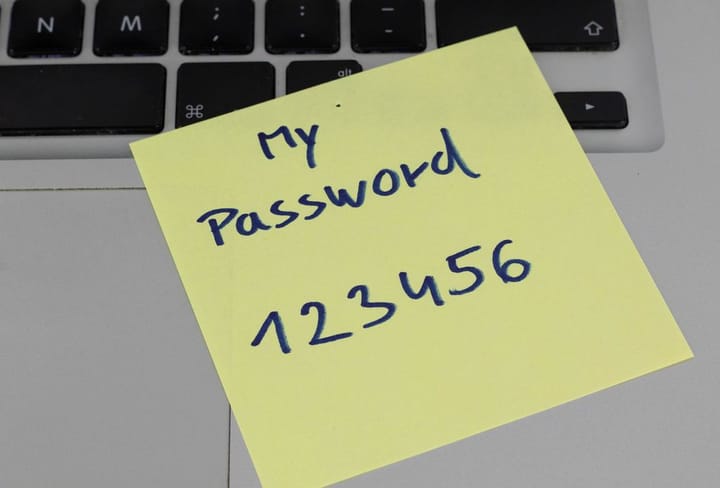ISO Rant
24-hour time is de rigueur in some circles—and more honour’d in the breach

I’m still surprised by the general lack of familiarity with 24-hour time, especially in the States. It’s a particularly glaring deficit in the context of, say, schedules of any kind, such as those involving trains, aeroplanes, medicine, deliveries, or information technology. I’ve even worked with IT staff who do not possess a working knowledge of this method of timekeeping! And I don't mean newbies, either; I mean people with ten or more years in the field.
It’s especially offensive when the file-naming scheme is based on date or datetime, and—instead of using some form of ISO 8601—they do something wilfully stupid, such as January_15_14_105, which could easily refer to at least four distinct dates and at least two times of day*. Even more “fun” is when that filename is part of a list, and sorting is desired....
Somewhat related to this topic, I once suggested to some colleagues that we ought to employ the ISO 639-1 codes for languages, in the context of i18n and L10n: ‘ES’ for Spanish, not ‘SP’, for example, so that, as more languages were added to the product offering, it would not become even more confusing than it already was. They looked at me like I had four heads.
The rant has ended; go in peace.
*January 14, 1915; January 15, 1914; January 14, 2015; or January 15, 2014; and 01:05 (1:05 a.m.) or 13:05 (1:05 p.m.)



 Support Us
Support Us
Comments ()